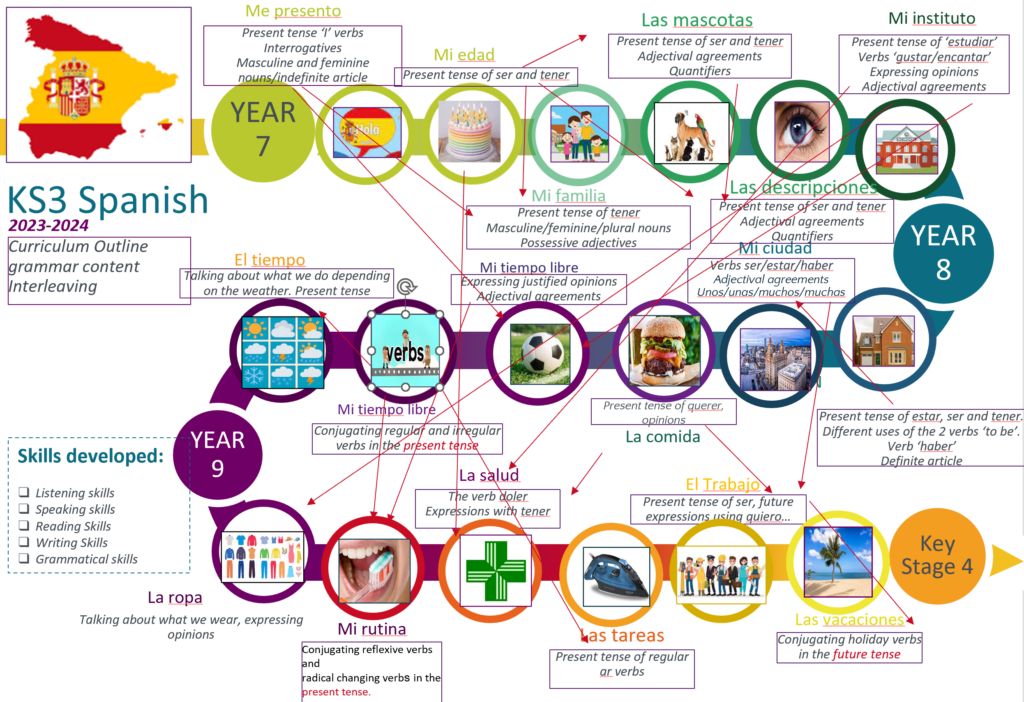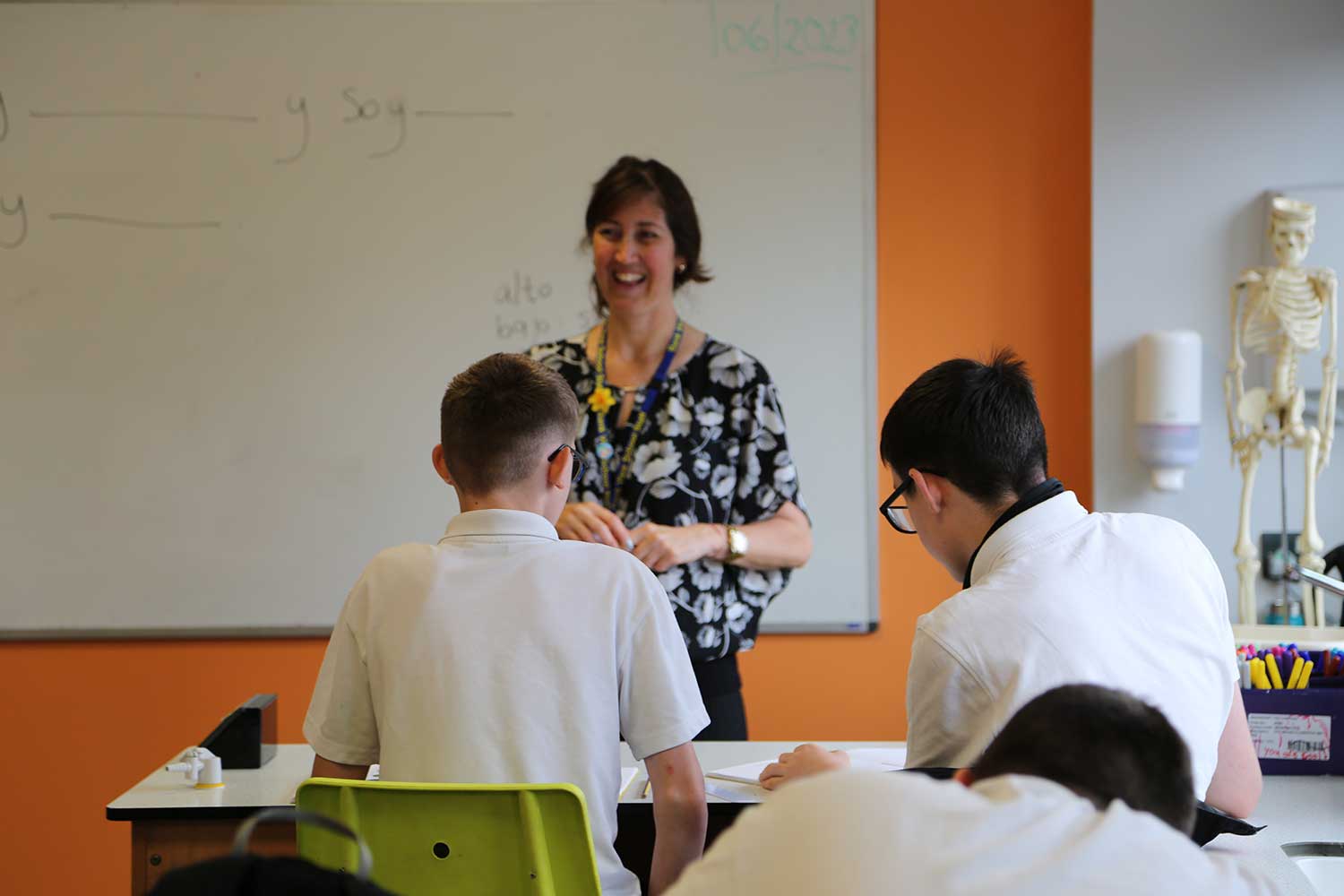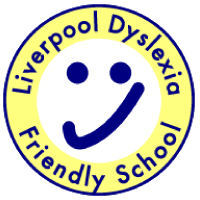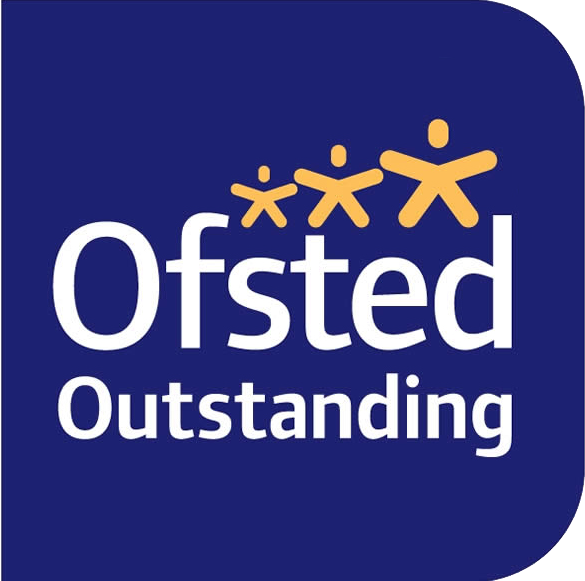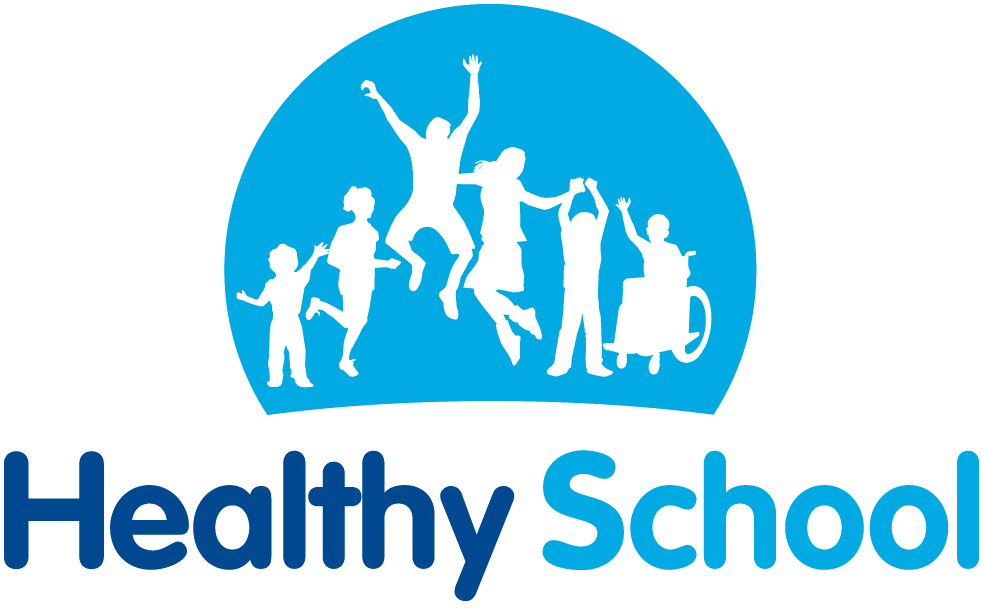Intent
Learning a foreign language is a necessary part of being a member of a multicultural society and provides an opening to other cultures.
Through high quality provision, providing an energetic and dynamic experience of language learning, we foster children’s curiosity and enthusiasm for language learning and deepen their understanding of the world as well as developing an awareness of the culture and civilisation of Spanish speaking countries. This eventually develops into cultural empathy and positive attitudes towards speakers of foreign languages.
Learning a language should be a fun and interactive experience which is both stimulating and confidence building along with developing social skills.
We aim to develop the ability to communicate in a practical manner and provide pupils with the linguistic skills to learn vocab and structures which can then be applied in all topic areas. Lessons are taught in the target language, as far as possible, to aid these and listening skills. We strive for achievement and enjoyment for all our pupils.
There is ambition and opportunity for all pupils to study a language option in KS4 and 5.
Implementation
Language lessons are delivered by a Spanish specialist who is highly qualified and experienced.
Each year group 7-9 has one hour per week of Spanish as do the base classes 1 and 1A.
The option group for KS4 and 5 has two hours per week and is supported by a native speaker from Argentina.
The schemes of work are carefully sequenced and focus initially on commonly used vocabulary and key grammatical structures. Key grammatical concepts are covered each topic and revisited in different topic areas. Each year group has content which is suitable for their stage of language learning and topics are matched to grammatical concepts as some topics lend themselves well to tenses etc. Progression levels are planned, and vocabulary and grammar knowledge are built upon every year throughout the key stages.
Key grammar concepts:
Year 7
Adjectival agreements (descriptions/opinions of school subjects)
Masculine and feminine nouns
Present tense of key verbs recurring in certain topics e.g., descriptions -ser/tener (discreet), tener- family and pets
Year 8
Present tense
Opinions -free time
Reflexive verbs
Year 9
Present tense/reflexive verbs
Opinions -clothes
Future tense
The target language approach in the classroom provides an essential dimension of practice and reinforcement. We constantly adapt and select the language used in the room to take account of pupil learning and capability. We actively encourage pupils to use the foreign language as a means of communication.
Vocabulary teaching is varied and in accordance with the context. New vocabulary is taught ‘to the ear’, which means pupils hear and orally reproduce new language before seeing it written down. Not only does this help new vocab stick but it also develops the key skill of listening. We play vocabulary games to help pupils learn and retain new vocabulary through repetition and recall. It is constantly practiced and consolidated. Language patterns are regularly highlighted.
Grammar plays a role in each topic and through interleaving, the complexity and expansion of knowledge progresses throughout the years. Grammar is taught explicitly and implicitly throughout all years and is a running thread through all planning and teaching.
Phonics are taught directly and systematically, to help with pronunciation and spelling.
There are tasks which cover listening, speaking, reading and writing skills every lesson. A multisensory approach to learning a language enables students to learn more effectively, from something physical they can touch and feel through to online interactive games and quizzes.
Our objective is to enable all pupils to develop their language skills and realise their full potential.
Assessment is both formative and summative. Formative assessment is used throughout lessons, while learning is happening and informs the next steps in planning. This can be done through many means such as, retrieval activities, teacher led Q&A, mini whiteboard activities, vocab tests throughout topics and the marking of listening and reading activities in class to provide instant feedback.
Summative assessment happens at the end of topic or sequence of lessons. This can take the form of an extended reading or writing activity or a spoken task (ordering food).
Impact
The dynamic approach to language teaching has helped to foster the engagement of pupils in language learning. They enjoy their lessons and learn well. This is evidenced through learning walks and formal lesson observations.
As there is much interleaving between topics, depth of knowledge is increased, pupils are well equipped for future learning as a solid foundation has already been built through high expectations teaching from year 7. By the time pupils opt for Spanish in KS 4 &5, they remember a lot of the basic vocabulary and we can then go on to add extra layers of complexity.
Pupils develop their vocabulary and ability to manipulate and incorporate grammatical structures to ensure the highest standards and attainment of personalised, aspirational targets.
Most pupils achieve expected or above expected target. For those who are below target intervention strategies are employed.
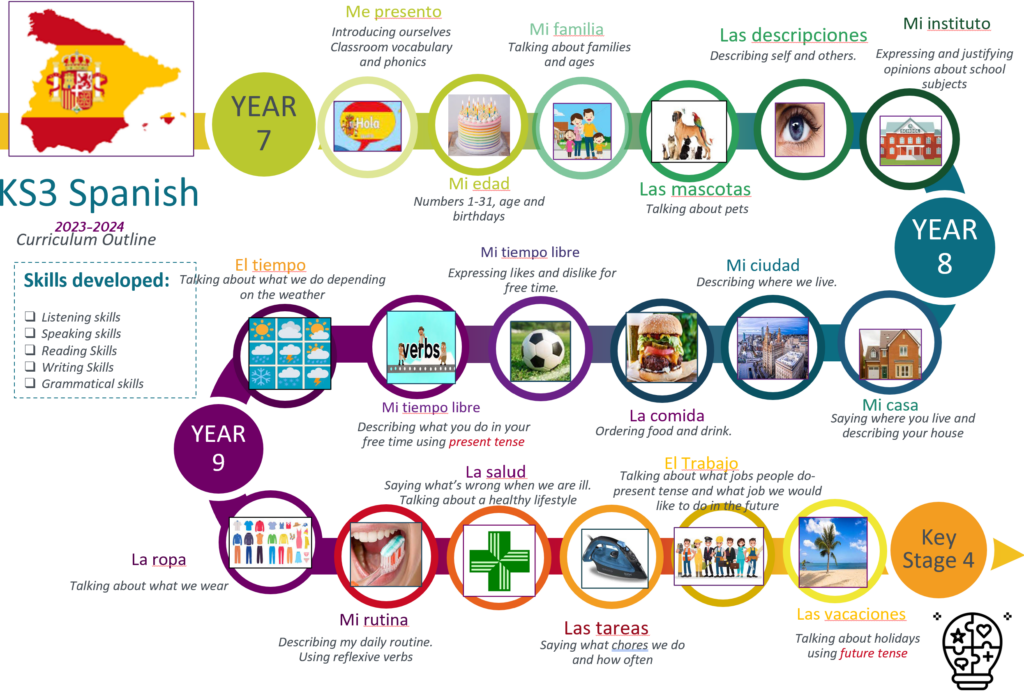
Curriculum overview KS3
